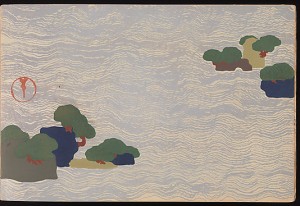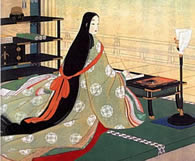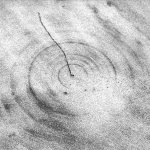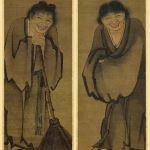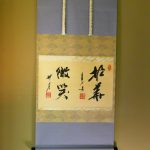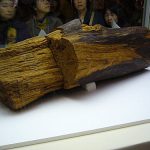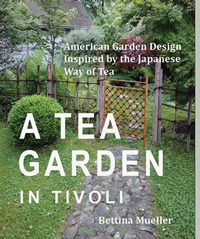Almost the shortest day of the year
It is now dark at about 4:30PM.
But look at what some of my neighbors have done. Where are they running the electric lines from?
In the past this is something I would NEVER attempt for reasons of taste and economics – all that electric drain – but somehow lately I have been intrigued.
Enjoy the dark nights and Merry Christmas to all.
Things That are Near Though Distant
Sei Shonagon is very brief in her list of ‘Things That are Near Though Distant’. She lists:
- Paradise
- The course of a boat
- Relations between a man and a woman
I’m sure she’d agree with my addition of Rainbows
Rimpa
“Rinpa” is a modern term that refers to a distinctive style of Japanese pictorial and applied arts that arose in the early seventeenth century and has continued through modern times. Literally meaning “school of Korin,” Rinpa derives its name from Ogata Korin (1658–1716), a celebrated painter from Kyoto. It embraces art marked by a bold, graphic abbreviation of natural motifs, frequent reference to traditional court literature and poetry, the lavish use of expensive mineral and metallic pigments, incorporation of calligraphy into painting compositions, and innovative experimentation with new brush techniques.
Things that give you pleasure – You’ve seen many Japanese screens of iris but never the cobalt blue of morning glories on gold.
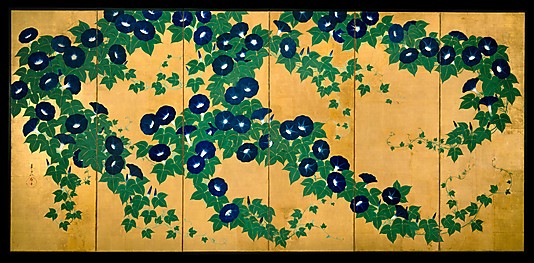
It’s also wonderfully pleasing to see books illustrated with gold and silver that are so modern and utterly beautiful they make you want to take them home.







